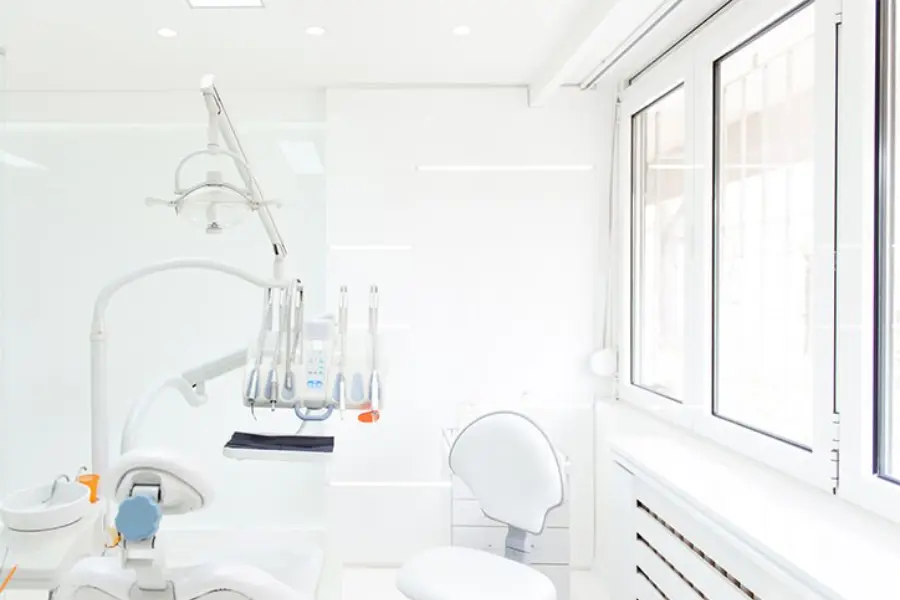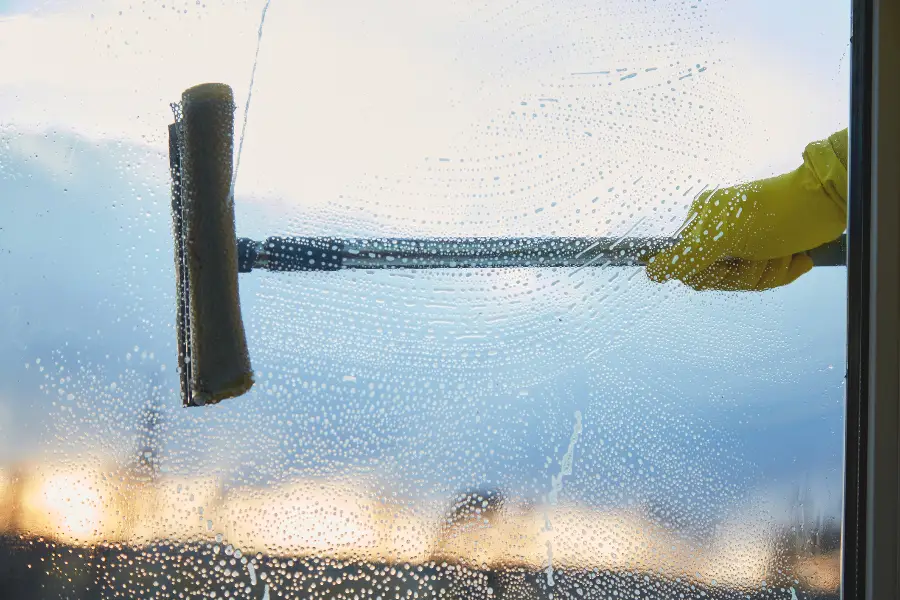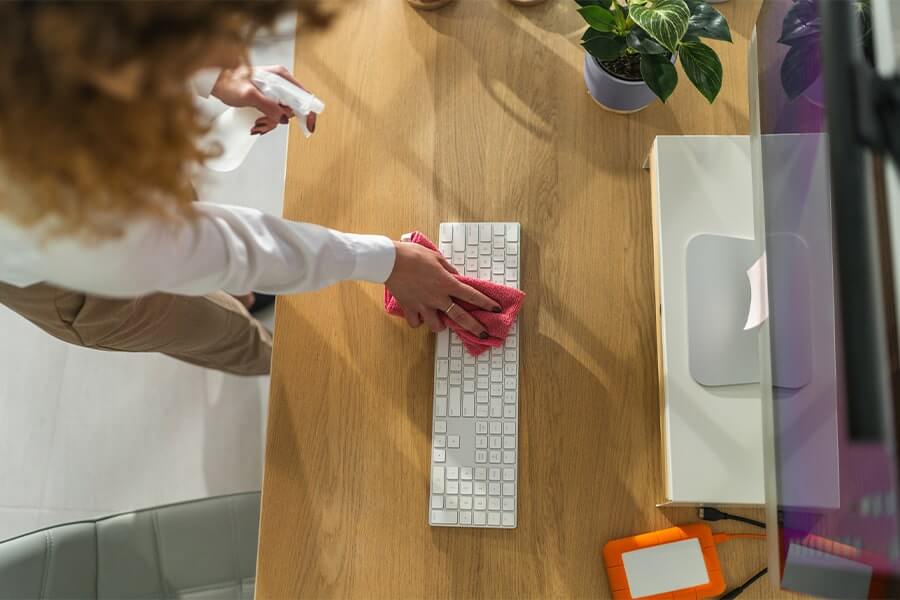It’s common knowledge that medical environments need to be kept as clean as possible in order to stop the transfer of bacteria and viruses. But what are the impacts of not keeping up with cleanliness in a medical environment? And exactly how clean does a space have to be to be considered ‘medically hygienic’?
Consequences of a Medical Setting That Isn’t Kept Clean
Many medical facilities deal with treating patients who have infections and viruses. These can easily be transmitted between people if the correct hygiene procedures aren’t followed.
Even if patients are not being treated for an infectious illness, the large amount of people moving through a medical facility can result in a lot of bacteria coming in. Patients who do not have direct contact with each other are still at risk of viruses and bacteria being transmitted via surfaces.
It’s common for ‘hospital acquired infections’ (HAIs) to spread easily between patients in hospitals. These are common because of the close contact between patients. According to Healthline, “approximately 1 in 10 people admitted to hospital will contract a HAI”. This goes to show how easily viruses can be transmitted, even in typically clean environments.
Fungus, bacteria and viruses can all cause HAIs, and these can lead to more complex medical issues. The risk of transmission and complications is increased in medical settings because patients are often already immunocompromised. This is why it’s so important to prevent HAIs and virus transmission.
The bottom line is that medical facilities that aren’t kept clean are at a higher risk of spreading infections between patients and staff.
Laws on Cleanliness
The National Standards of Healthcare Cleanliness 2021 outline the ways in which medical settings need to comply with hygiene standards.
In order to maintain cleanliness standards, the National Standards outline three audits that are used by NHS facilities to uphold the expected levels of cleanliness. These consist of a technical audit, efficacy audit and external audit.
More guidelines on cleanliness in medical settings have been outlined by the National Patient Safety Agency; they have published a document containing the specifications for cleanliness in the NHS. They’ve also released a Revised Healthcare Cleaning Manual to give detailed instructions to registered NHS practices.
As the NHS has a strong reputation for their standards of cleanliness, these standards show what is expected in medical settings.
Benefits of Using Professional Cleaners
Staff at medical facilities have enough work on their plate already without having to worry about carrying out deep cleans on the premises.
Although medical practitioners are expected to follow certain hygiene regulations and practices as they work, using professional cleaners is crucial in limiting the transfer of bacteria and viruses between patients.
Professional cleaners help keep staff and patients safe, possessing the knowledge and expertise to achieve the necessary levels of cleaning.
This allows medical facilities to comply with the high levels of cleanliness expected by law, without having to worry about training staff to carry out these procedures themselves.
A high level of cleanliness also helps to instil trust in the organisation, demonstrating professionalism and reliability.
Contract Dorset Commercial Cleaning
At Dorset Commercial Cleaning, we have years of experience working alongside doctors’ surgeries, veterinary clinics and retirement homes, and are highly trained in cleaning these environments to a professional standard. If you would like more information on the services we can offer your facility, please call us on 01202 986700 or fill out our contact form.




